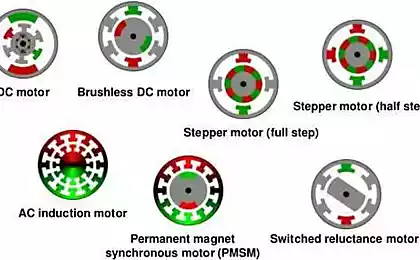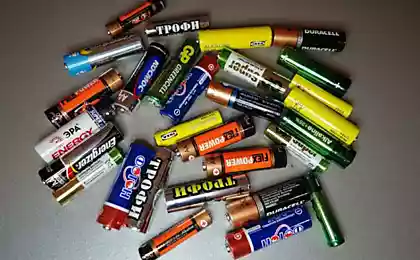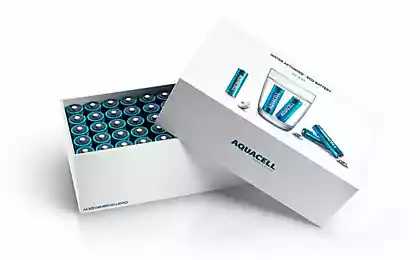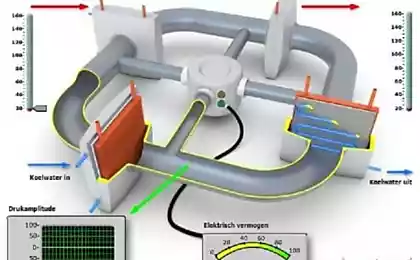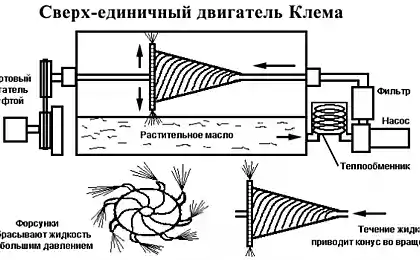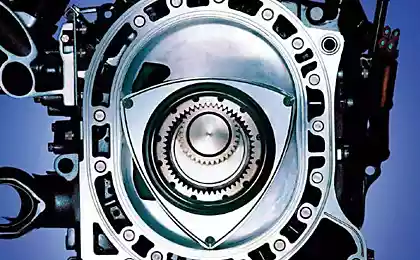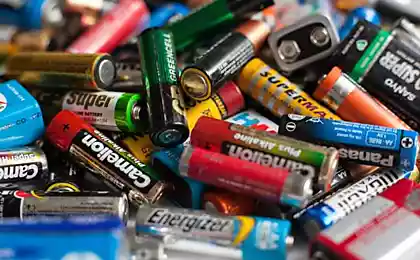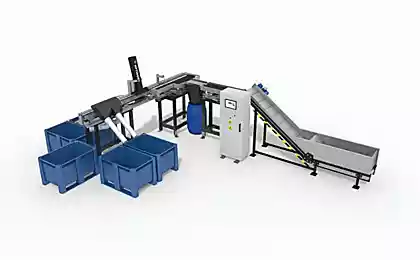593
The batteries will be eternal!
At the Mobile World Congress-2010 an unknown German company iDent Technology has introduced a unique chip, with the electric field of the human body. In what gadgets we'll see soon?
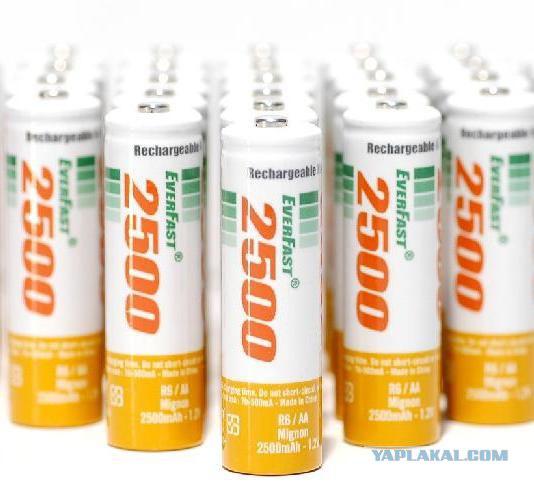
New it was built. The intensity of the field of human hands and the nature of its changes allow to steer many phone functions - from reception / reject calls, to navigate through the player or browser.
Phone all amazed, but, in fact, is all nonsense - a show for the public. This control function is inconvenient and unlikely to become mass, it does not become established or control eye movement or touch screens, which do not need to touch your finger, or the many futuristic techniques. But something in the technology iDent much more interesting. Chip ULPP, responsive to the electric field is human, also proposed as a button on / off any wireless devices, and many companies are already interested in German engineering. What is it?
First and foremost, of course, ULPP gives easy on various gadgets. It is enough to take in hand, or simply closer to the wireless gamepad, mouse, keyboard, remote control, wireless headphones, they instantly turn on and turn off as soon as people retire. Agree - impressive! And most importantly, iDent Technology promises to make these chips are so cheap that they are very quickly become accustomed any wireless chip devaysa.
Sure, it's great, and although these features have already appeared in some devices is likely to become widespread, they do not just because of the high cost. Perhaps the German chip is successful.
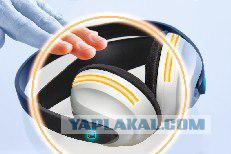
The second nice feature of this chip lies in its name - ULPP means Ultra Low Power Proximity. It is a fantastically economical and can significantly extend the life of batteries and accumulators in mobile devices. How he does it? And here is how. Take for example a wireless mouse. It works by penlight batteries and it has a button on / off. Once you turn off the mouse in the evening (or it will turn off itself if it has the inactivity timer), the current consumption of the battery has stopped, but not completely! All night a small electronic circuit there patiently waiting for you to deign to again press a button and turn on the device. And any electronic circuit consumes energy - even a tiny current, but it consumed over a very long period of time (say, a wireless controller for the Play Station - an hour a day playing, and other times it just is). If instead of a button on / off and control the electronic circuit responsible for the inclusion of the chip will ULPP, practically all is wasted in standby power can be saved.
To be clear, this comparative example. The current self-discharge normal penlight batteries - 4, 7 microampere. This is a natural category of batteries that will not inserted, and just lying on the shelf. A current that consumes standby ULPP, more than 2 times lower self-discharge - 2 microampere!
Someone will say - yes nafig need it? I and so the batteries in the wireless mouse work for months, and the remote for the TV set - even years! On the one hand, it is true. But on the other - is it bad to get without spending ten months of work instead of seven? All the more so today, many technologies are considered to be progressive and with a much more modest results.
Source:

New it was built. The intensity of the field of human hands and the nature of its changes allow to steer many phone functions - from reception / reject calls, to navigate through the player or browser.
Phone all amazed, but, in fact, is all nonsense - a show for the public. This control function is inconvenient and unlikely to become mass, it does not become established or control eye movement or touch screens, which do not need to touch your finger, or the many futuristic techniques. But something in the technology iDent much more interesting. Chip ULPP, responsive to the electric field is human, also proposed as a button on / off any wireless devices, and many companies are already interested in German engineering. What is it?
First and foremost, of course, ULPP gives easy on various gadgets. It is enough to take in hand, or simply closer to the wireless gamepad, mouse, keyboard, remote control, wireless headphones, they instantly turn on and turn off as soon as people retire. Agree - impressive! And most importantly, iDent Technology promises to make these chips are so cheap that they are very quickly become accustomed any wireless chip devaysa.
Sure, it's great, and although these features have already appeared in some devices is likely to become widespread, they do not just because of the high cost. Perhaps the German chip is successful.

The second nice feature of this chip lies in its name - ULPP means Ultra Low Power Proximity. It is a fantastically economical and can significantly extend the life of batteries and accumulators in mobile devices. How he does it? And here is how. Take for example a wireless mouse. It works by penlight batteries and it has a button on / off. Once you turn off the mouse in the evening (or it will turn off itself if it has the inactivity timer), the current consumption of the battery has stopped, but not completely! All night a small electronic circuit there patiently waiting for you to deign to again press a button and turn on the device. And any electronic circuit consumes energy - even a tiny current, but it consumed over a very long period of time (say, a wireless controller for the Play Station - an hour a day playing, and other times it just is). If instead of a button on / off and control the electronic circuit responsible for the inclusion of the chip will ULPP, practically all is wasted in standby power can be saved.
To be clear, this comparative example. The current self-discharge normal penlight batteries - 4, 7 microampere. This is a natural category of batteries that will not inserted, and just lying on the shelf. A current that consumes standby ULPP, more than 2 times lower self-discharge - 2 microampere!
Someone will say - yes nafig need it? I and so the batteries in the wireless mouse work for months, and the remote for the TV set - even years! On the one hand, it is true. But on the other - is it bad to get without spending ten months of work instead of seven? All the more so today, many technologies are considered to be progressive and with a much more modest results.
Source:




